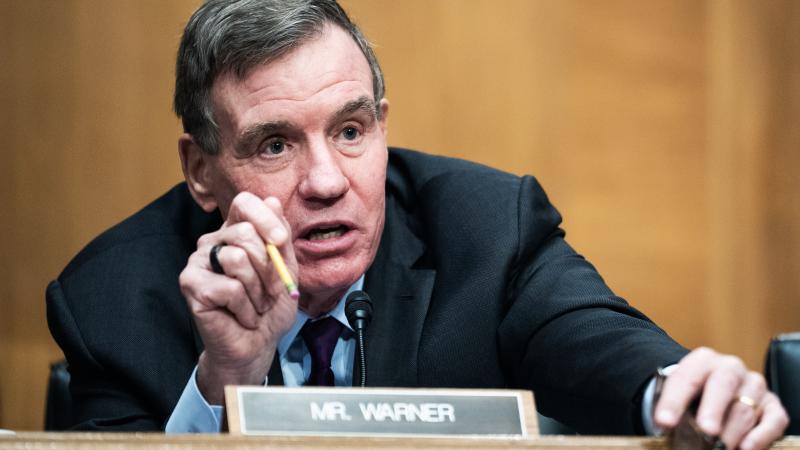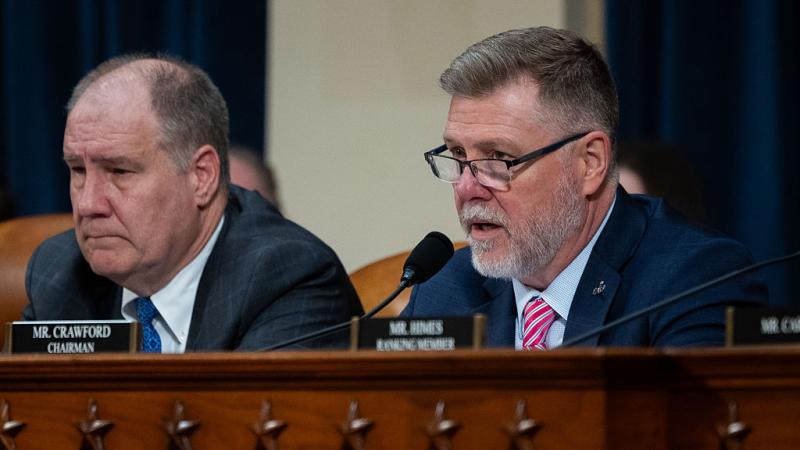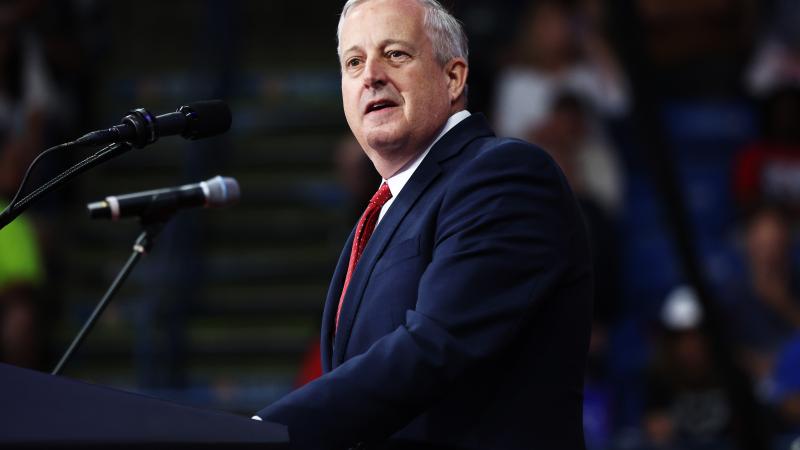Harris is at the top of the ticket, but when will she become the face of her campaign?
So far, relying mostly on internet memes and segregated Zoom calls, Harris herself has yet to make a major mark on the campaign’s personnel and has inherited most of the existing Biden campaign apparatus.
Vice President Kamala Harris has emerged as the likely Democratic nominee for president, setting her up to take on former President Donald Trump after the party declined to back her four years earlier. Though she has begun to campaign in earnest, her campaign’s efforts have thus far relied heavily on key surrogates, social media trolling and racially segregated fund-raising Zoom calls with Hollywood celebrities. But only a handful of events have actually put her center stage, thus far.
In 2020, she was one of roughly two-dozen candidates who vied for the right to face Trump, but despite a few headline moments, she failed to gain significant traction, never garnering more than 3% of the vote, and ultimately dropped out before the Iowa Caucus and won none of the party’s nominating contests.
Despite her failure to attract a voter base for her campaign, Harris nonetheless made the party ticket, with President Joe Biden tapping her as his running mate, after vowing on CNN to select a woman for the spot.
Biden’s decision to not seek reelection and his endorsement of Harris, moreover, came after the conclusion of the nominating contests, once again allowing her to essentially circumvent the party electorate in claiming her spot.
Though she has yet to face any challengers for the party nod and her surrogates have managed to raise a considerable $200 million for her campaign in the first week, she has yet to prove herself personally as a formidable campaigner.
During the Biden administration, Harris was relatively circumspect, apart from a handful of reports about turnover in her office and alleged frustrations with the White House over her responsibilities. But Harris’s rise to the status of presumptive nominee has effectively thrust her back into the center court of the public arena.
Earlier this month, she delivered her first major speech of the campaign in Milwaukee, Wis., and vowed to run a “people-powered campaign,” touting the grassroots funding hauls her campaign had brought in within its relatively short lifespan. Up until this point, however, myriad surrogates have done much of the heavy lifting and Harris herself appears to be just getting her footing.
Hitting the campaign trail
Now the headline act, Harris has begun to increase her public appearances and to travel to critical battleground states such as Georgia. On Tuesday, for instance, she held a rally with rapper Megan Thee Stallion in Atlanta.
The state is generally regarded as a battleground, though Trump currently enjoys a 4.5% polling average over Harris there, according to RealClearPolitics.
As of yet, however, the frequency of Harris’ rallies does not appear on pace with that of Trump, who is also slated to visit Atlanta on Saturday. Like Trump’s campaign though, the Harris camp appears poised to allow others to headline key rallies as Sen. JD Vance, R-Ohio, Trump’s running mate, has done on the Republican side.
On Monday, for instance, Govs. Josh Shapiro, D-Pa., and Gretchen Whitmer, D-Mich., headlined a Harris rally outside of Harrisburg. Both figures have featured among the contenders to become her running mate.
The Monday rally saw the pair fill a gymnasium in Ambler, Pa., and attack both Trump and Vance in what The Washington Post deemed “informal audition by a pair of Democratic stars” to serve as her running mate.
Zoom calls
Much of Harris’s early fundraising haul has come not through her own direct efforts, but through a series of demographic-and-gender-specific mass Zoom calls organized by supporters.
Among the first such occurrences was a call with the "Win with Black Women" coalition that managed to raise more than $1.5 million. A subsequent Zoom call addressed to "white women" reportedly drew 164,000 participants and raised as much as $8.5 million.
“We've raised over $8.5 million so far! All from last night’s Zoom of nearly 200,000 women answering the call for Kamala Harris,” call organizer Shannon Watts posted on X.
Subsequent calls addressed other demographics, including South Asians and white men. Featuring prominently in those calls have been discussions of racial politics, white privilege, and other identity-centric political themes.
On the Zoom call addressing white women, for instance, one activists stated that “[w]e are here because… BIPOC women have tapped us in as white women to step up, listen, and get involved this election season.” One of the Zoom calls designed for white women became the subject of controversy when one of the speakers' patronizing tone as she chided white listeners never to "correct" women of other races.
Harris herself did not feature on any of those calls.
Recycling Biden's campaign staff
Harris herself, moreover, has yet to make a major mark on the campaign’s personnel and has inherited most of the existing Biden campaign apparatus. She used her first day as the likely nominee to visit the campaign headquarters in Delaware and address the volunteers and staff who had backed the current president.
Biden, for his part, called in to the headquarters and insisted that the campaign’s fundamental purpose had not changed despite the shift in candidates.
“I know yesterday’s news was surprising and it was hard for you to hear, but it was the right thing to do,” he said at the time. “The name has changed at the top of the ticket, but the mission hasn’t changed.”
While the name at the top of the ticket has changed, those in the list of the campaign’s major players have not. As of press time, Jen O’Malley Dillon remains the campaign chair, while Julie Chavez Rodriguez is still serving as campaign manager.
As of now, Harris has not announced plans to move the campaign headquarters out of Biden's home state of Delaware.
Her first presidential campaign saw her crash and burn
Even the staunchly Democrat-supporting CNN noted that "Harris doesn’t have a history of running great or well-functioning campaigns, whether that was her Senate race in 2016 or her 2020 presidential run that didn’t even survive until December of 2019."
In 2020, Harris’s campaign saw her struggle to gain ground over the large array of primary competitors, though she did manage to briefly surge in July of 2019. In a race that largely saw the candidate field assail Biden, who generally remained the frontrunner throughout that cycle, Harris earned a few points by attacking Biden’s past opposition to busing as a means of desegregation to which Biden inferred she was implying that he was a racist.
"There was a little girl in California who was part of the second class to integrate her public schools and she was bused to school every day. That little girl was me," she said during a June 2019 debate, according to ABC News. That on-air moment served as one of the few high-points of her 2019 campaign.
Just the News has sought comment from the Harris campaign, who did not respond by press time.
Ben Whedon is an editor and reporter for Just the News. Follow him on X.
The Facts Inside Our Reporter's Notebook
Links
- fund-raising Zoom calls
- ultimately dropped out
- after vowing on CNN
- $200 million
- turnover in her office
- delivered her first major speech
- Megan Thee Stallion
- RealClearPolitics
- slated to visit Atlanta
- Washington Post
- mass Zoom calls
- subject of controversy
- Shannon Watts posted
- visit the campaign headquarters
- Jen OâMalley Dillon
- Julie Chavez Rodriguez
- CNN noted that
- briefly surge in July of 2019
- she said
- Follow him on X















